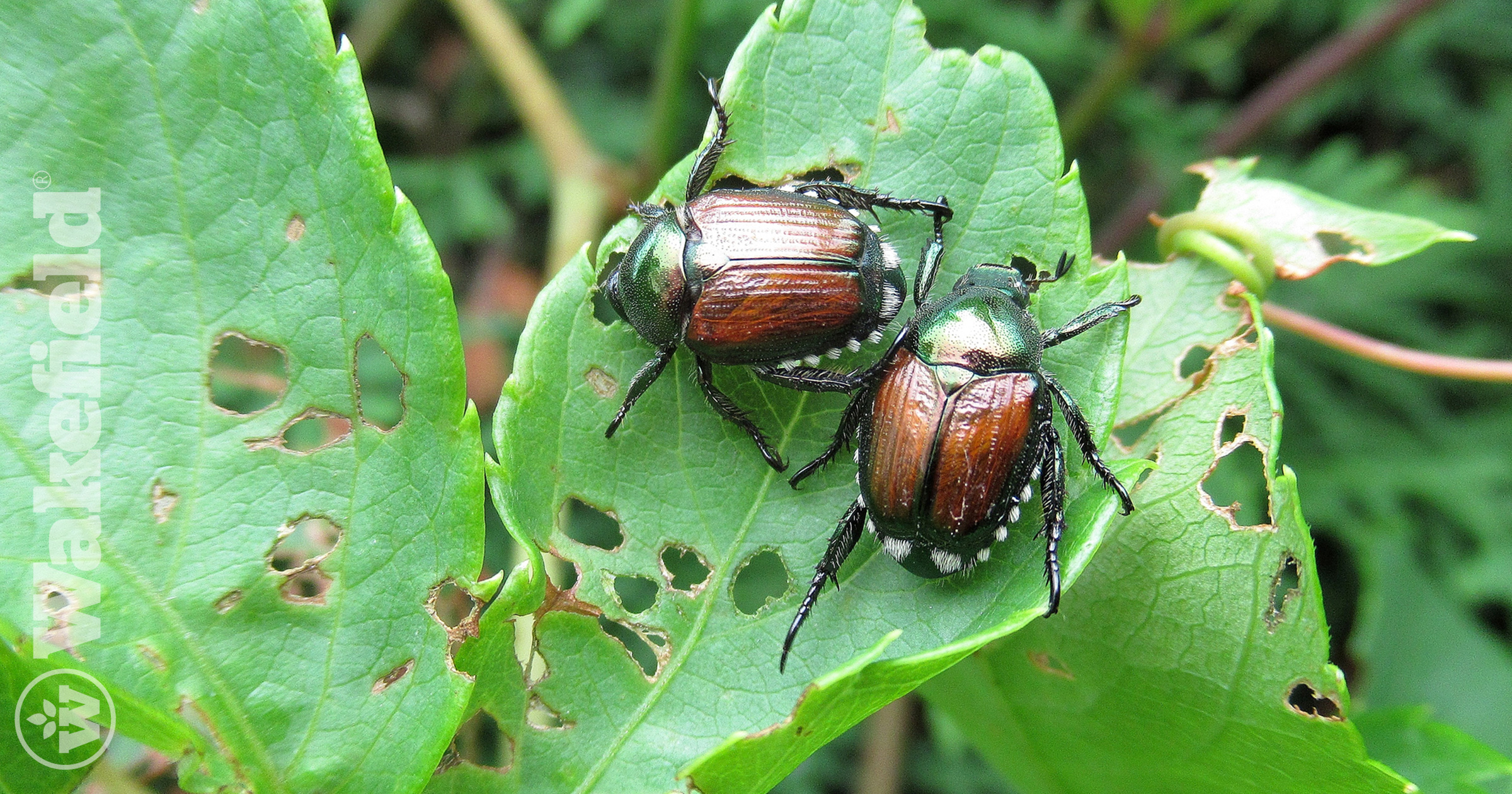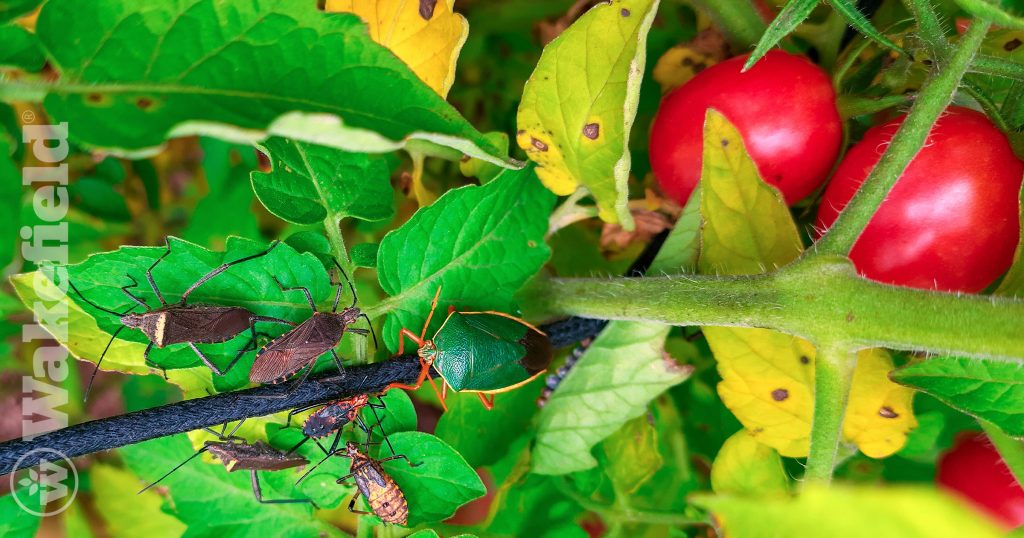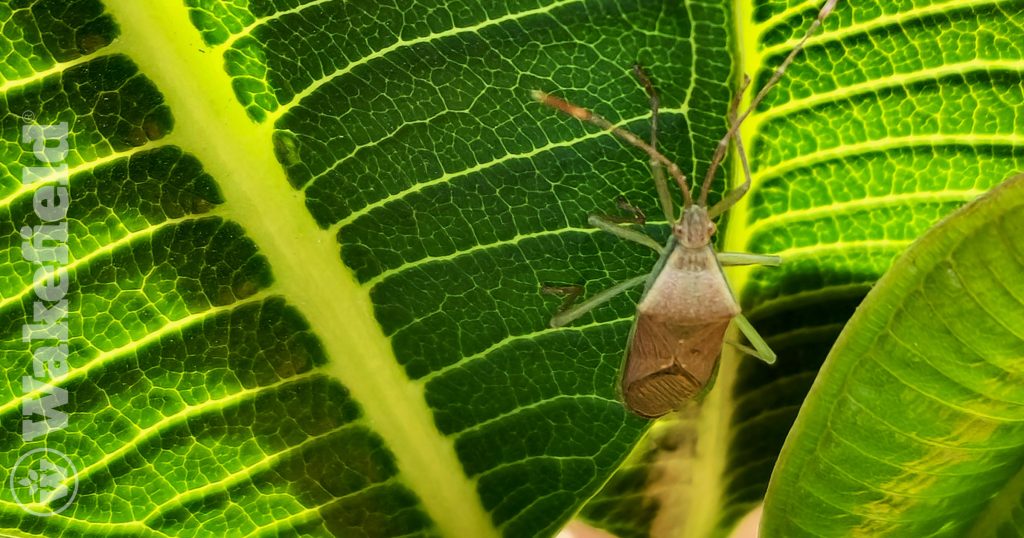How Biochar Can Help Counter Pests
Created for Experienced Gardener and Master Gardeners & Pros.

Natural Pest Control with Biochar
Using biochar in your soil naturally controls insect pests and boosts plant health. Unlike chemical pesticides, biochar is safe for people, pets, and wildlife. It provides an eco-friendly solution to pest problems, making your garden or farm safer.
How Biochar Controls Pests
Creating a Home for Helpful Microorganisms
- Surface Area and Habitat: Biochar has many tiny pores, giving it a large surface area. This makes it a perfect home for helpful microorganisms and fungi. These organisms live in the pores of the biochar, forming a strong community.
- Microbial Protection: These helpful microorganisms fight off harmful pests and pathogens, reducing their numbers.
- Nematode Control: Biochar is very good at controlling nematodes, tiny worm-like organisms that attack plant roots. It supports the growth of fungi and bacteria that fight nematodes.
Changing Soil Properties and Nutrient Availability
- Root Exudates: Biochar changes the chemical signals released by plant roots, making the soil less attractive to pests and pathogens.
- Soil Properties: By improving soil structure, water retention, and airflow, biochar creates an environment that pests do not like healthy soil with balanced moisture and good air flow is less likely to have harmful pests.
- Nutrient Availability: Biochar improves nutrient availability in the soil, making plants healthier and more resistant to pest attacks.
Influencing Microbial Activity
- Microbial Dynamics: Biochar supports a healthy microbial environment that helps control pests through competition and predation.
- Pathogen Movement and Colonization: Biochar makes it harder for pathogens to move through the soil and settle on plant roots.
Effective Use of Biochar for Pest Control
Timing: For best results, apply biochar to plant roots and trees in early spring. This allows the biochar to mix well with the soil, providing immediate benefits.
Application Rate: Use 5-10% biochar by volume in your soil. This amount is enough to improve soil and microbial communities without causing imbalance.
Long-Term Benefits
- Durability: Biochar remains in the soil for centuries, providing long-lasting pest control benefits. Once applied, it continues to improve soil health and pest resistance over many growing seasons.
- Sustainable Pest Management: Using biochar offers a sustainable way to control pests. It reduces the need for chemical pesticides and supports a healthy ecosystem.







